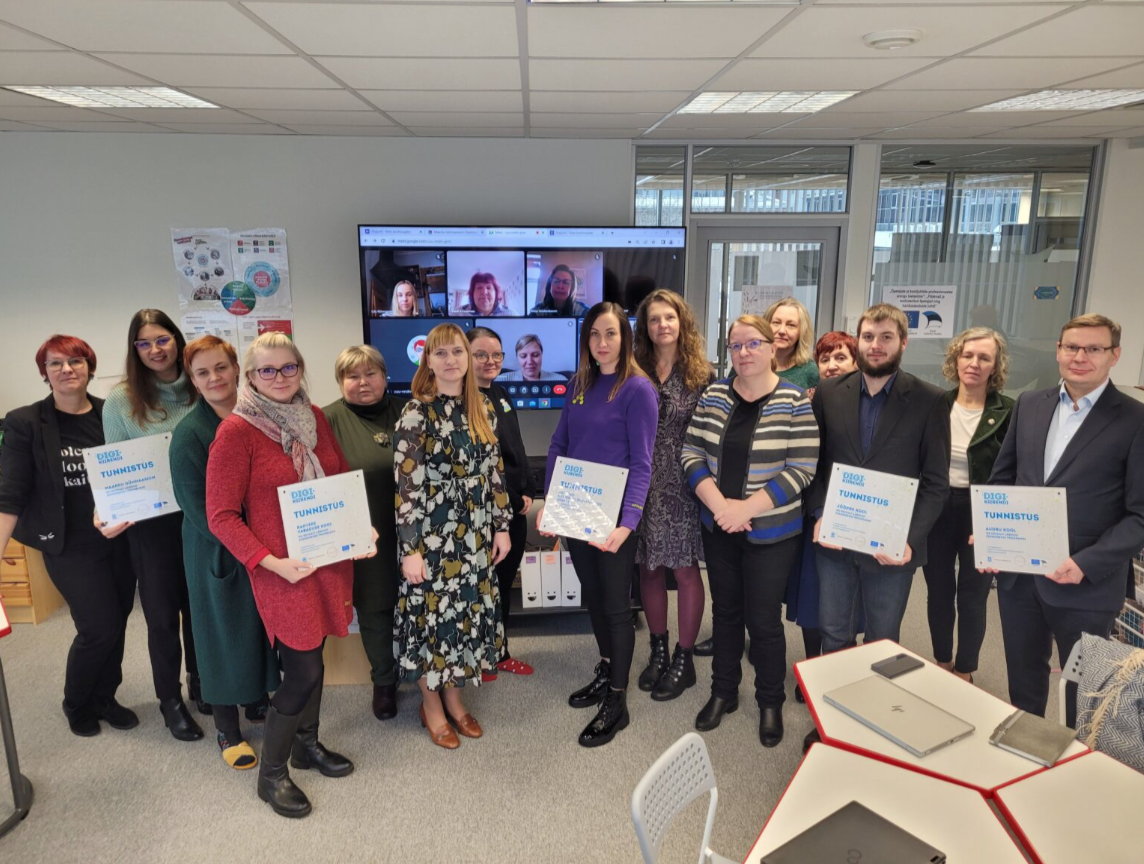
About the Regional Innovation Hub
The Regional Innovation Hub in Estonian context was built on the existing training program, developed to reach and provide training for the teachers who are less motivated to be engaged in the adoption of digital innovation. In iHub4Schools, training and mentoring was adapted to the developed School Mentoring model and network was investigated to understand the support mechanisms and other elements contributing to the sustainability and scalability of digital innovation.
The Regional Innovation Hub brought together 10 mentors and educators, 20 management members and 205 teachers involved from Astangu Vocational Rehabilitation Center, Emili Elementary School, Audru Primary School, Jõõpre Primary School, Maardu High School, Rakvere School of Freedom.
Development projects: A new ICT development plan; Mapping of the digital skills in the curriculum; Development of the school curriculum was developed to systematically support the digital competence of students; Development and implementation of an online calendar; Reorganization and update of school’s website; Development of an information system for employees was developed at Rakvere School of Freedom.
The purpose of the program is to contribute to the creation of equal opportunities for Estonian schools in the adoption of digital technology, in order to ensure the development of learners’ digital competence and the introduction of a changed approach to learning in everyday teaching. In tight collaboration with schools, local authorities and community of educational technologists striveefforts are made to engage schools into the activities promoting whole-school level adoption of digital innovation.